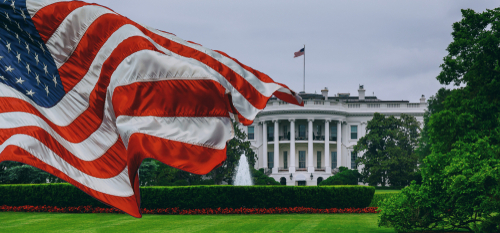The Trump administration’s contemplation of a shake-up in the White House briefing room sparked waves of unease among reporters, raising questions about press freedom and media accountability. The White House Correspondents’ Association typically reviews seat assignments. Donald Trump Jr. has suggested incorporating independent journalists.
Threatened Shake-up in Press Briefing Access
President-elect Trump is reportedly considering changes that may favor podcasters and internet personalities over traditional outlets. Long-dominant networks might find their once guaranteed front-row seats in jeopardy.
The Associated Press, Reuters, CNN, and others now face potential displacement in favor of independent voices.
Reporters reveal rising frustration over the shake-up, and many contemplate boycotting sessions. The White House Correspondents’ Association oversees seating, but the White House communications office ultimately decides on credentials.
White House press corps recoils at Trump's threat to shake up briefing room https://t.co/G15XazbU5R
— Ray Long (@RayLong) December 4, 2024
A New Approach to Media Coverage
Karoline Leavitt, Trump’s pick for press secretary, intimates a tougher stance toward press engagements. “We hope there will be decorum, certainly, and we will try to instill that, But we’re not shy of the hostile media,” she says.
Donald Trump Jr. also weighed in, proposing that individuals with more substantial viewerships could replace legacy media outlets in the room. Independent personalities like Joe Rogan might soon join the mix as front-row participants.
White House press corps recoils at DonOld Trumps threat to shake up briefing room https://t.co/vuAocpekO0
— BigDaddy (@strujillo075) December 4, 2024
Consequences and Criticisms
The WHCA has refrained from commenting on the proposed modifications, sparking concerns about transparency and potential media marginalization. The uproar stems from Trump’s antagonistic history with the press, as exemplified by revoking CNN’s Jim Acosta’s credentials in 2018.
The administration’s credibility could face challenges if changes make briefings less serious. Allowing non-traditional media might attract diverse views, but it risks undermining established journalistic rigor.

